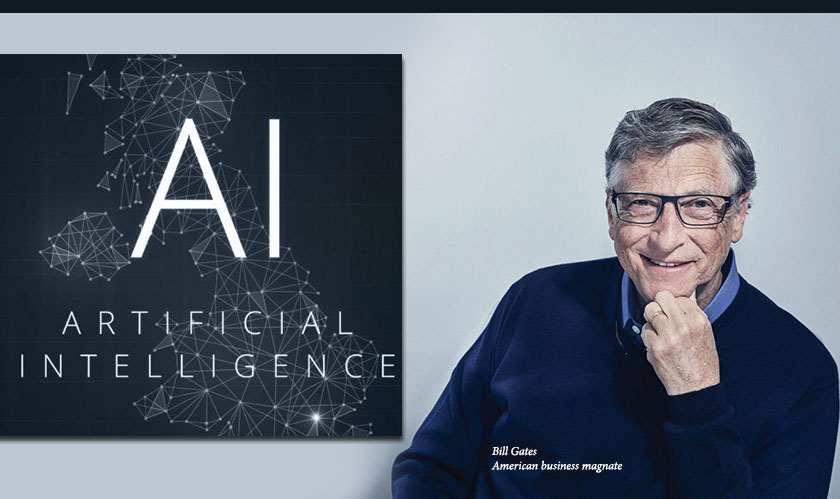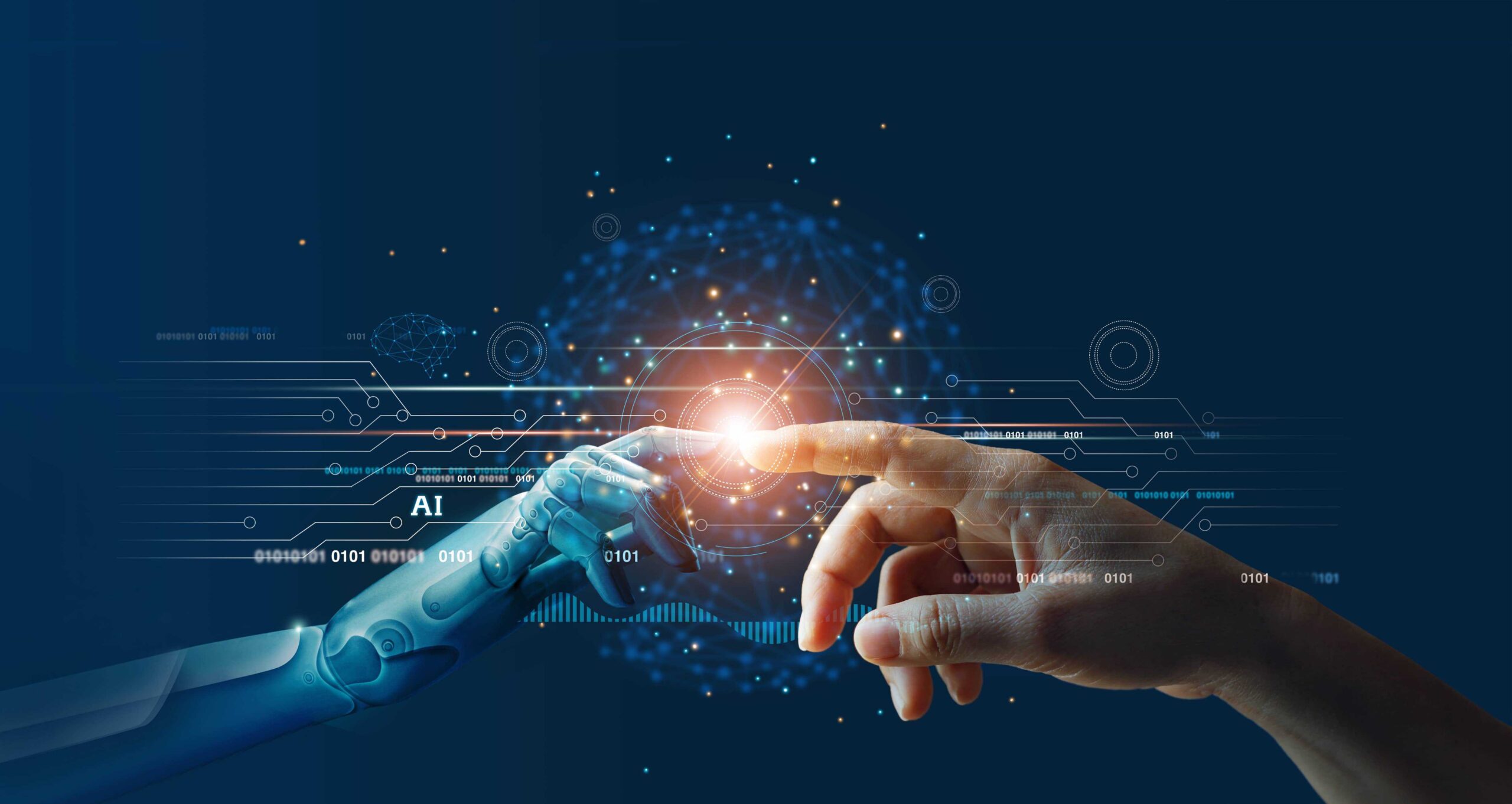At the World Economic Forum in Davos, Gates unveiled his insights, projecting a landscape where AI, within the next five years, will usher in profound changes to our daily lives. Bill Gates, a luminary in the tech industry and a humanitarian titan, paints a compelling vision of a future shaped by the transformative force of artificial intelligence (AI).
Rooted in historical precedent, Gates envisions not only challenges but abundant opportunities and the emergence of new job categories, akin to past technological revolutions. Central to Gates’ vision is the belief that AI holds the key to revolutionizing critical sectors, particularly healthcare and education. In healthcare, he sees AI alleviating the administrative burdens on medical professionals, allowing them to concentrate more on patient care.

Similarly, AI’s potential as a personalized learning assistant in education could democratize access to quality education by adapting to each student’s unique needs. However, Gates goes beyond mere technological optimism. He emphasizes the imperative of ensuring that the benefits of AI are accessible to all, irrespective of socio-economic status or geographic location.
This commitment to equitable access is embodied in the Gates Foundation’s initiatives, aimed at bridging the gap between affluent and underprivileged regions. By partnering with governments and NGOs, the foundation seeks to deploy AI solutions in healthcare and education, particularly in developing countries.
Recognizing the economic implications of AI, including potential job displacement, Gates takes a pragmatic stance.
While acknowledging the concerns raised by reports predicting substantial job impacts, he foresees the emergence of new employment opportunities. Gates advocates for a proactive approach to workforce transition, urging investment in education and training programs to equip individuals with the skills needed for the evolving job landscape.
The synergy between industry and philanthropy is a cornerstone of Gates’ vision, exemplified by Microsoft’s partnership with OpenAI. This collaboration harnesses technological prowess and innovative approaches to create AI solutions that are not only efficient and ethical but also widely accessible.

In the expansive canvas of Gates’ vision, strategic initiatives and partnerships are vital for maximizing AI’s impact. The overarching goals include fostering equitable access to AI technologies and addressing the challenges posed by employment shifts. Gates invites stakeholders to join collaborative efforts, emphasizing the need for a collective narrative where the benefits of AI are shared globally. In conclusion, Bill Gates’ vision for AI transcends mere technological advancement; it is a call to action for societal betterment.
Through a combination of foresight, strategic initiatives, and collaborative partnerships, Gates envisions a future where AI becomes a force for good, shaping a world that is not only technologically advanced but also more inclusive and equitable.

